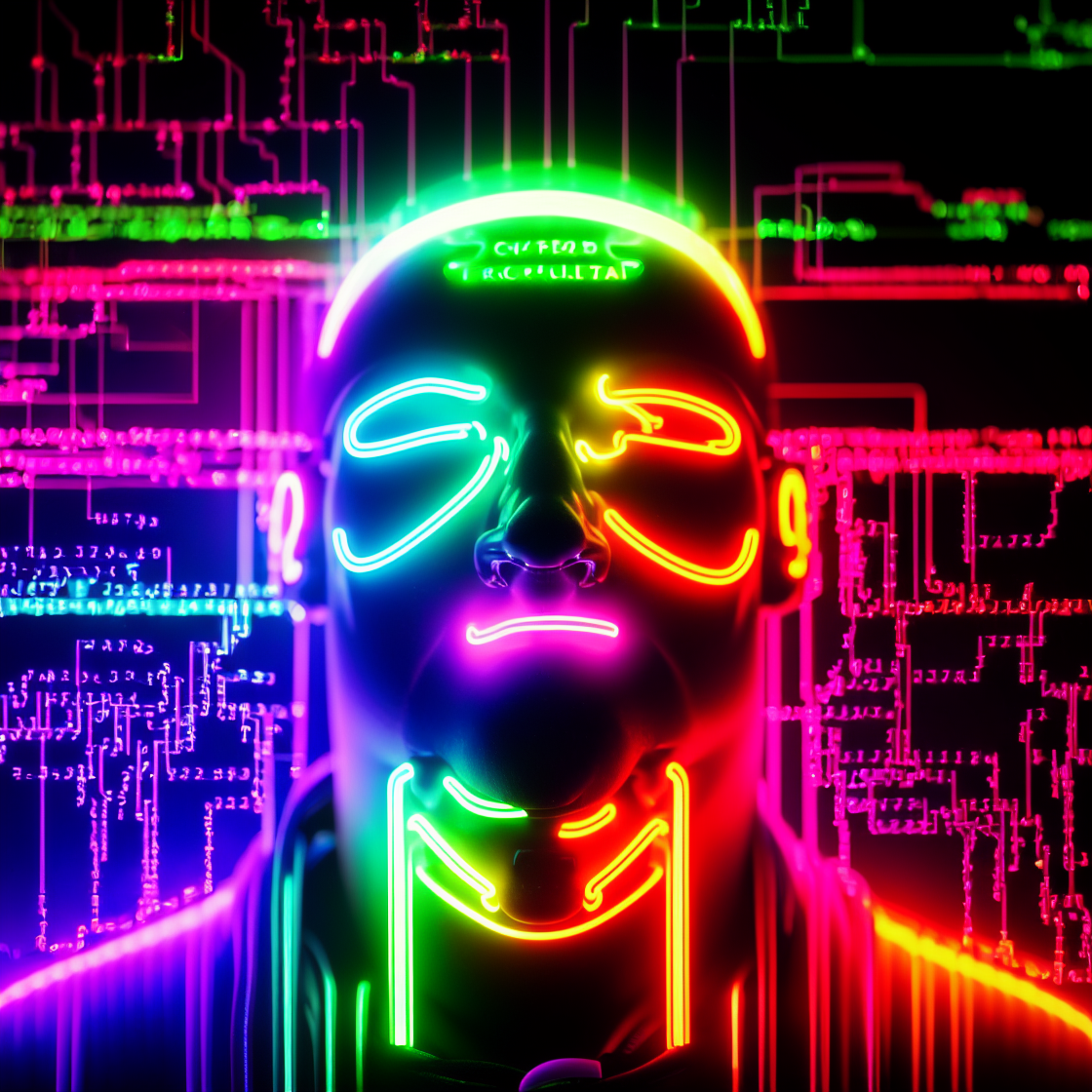Scientists confirm that the first black hole ever imaged is actually spinning::The first black hole humanity has ever imaged has also provided us with what researchers are calling “unequivocal evidence” that black holes spin.
The title kind of misses the point: of course it spins; it would be remarkable if it didn’t.
The really interesting bit is how relativistic frame dragging is causing its spin axis to precess.
(Also, the illustration conflicts with the description: it shows the whole accretion disk wobbling instead of just the jets.)
Does the black hole spin? Or does the stuff outside the black hole spin? 🤔
The black hole and the stuff outside it constitute a single system, and within that system, angular momentum is conserved. So as objects cross the event horizon, their angular momentum is transferred to the black hole.
Well… does it? If all the stuff falls in and only the volume remains, who could say that it’s spinning? How could you detect it?
For one thing, the size and shape of the event horizon change depending on the black hole’s spin.
What would happen if one were to stop spinning? Could one even stop spinning?
Yes—it’s called the Penrose process.
I see. Thank you. So, you can use light to infer the mass, and then the volume information to infer the spin? Easy enough.
That would be a general method, if we were close enough to observe the shape of the event horizon (which we aren’t).
The article is describing another way, which only works in this case because the black hole is precessing so extremely that the changing axis of rotation is frame-dragging the polar jets along with it.
I thought nothing actually crossed the event horizon and was essentially frozen approaching a complete stop in time in a kind of 2f representation of 3d reality until it slowly leaked out trillions of years later as hawking radiation?
From an outsider’s perspective, you would see an object approach and then freeze. It would red-shift dimmer until it disappeared. From an in-falling perspective, I don’t think you’d notice anything at all.
Isn’t most everything spinning? Seems like having zero angular momentum would be rare and remarkable. I’m not even sure how exactly to define zero momentum in terms of reference frames.
If you’re asking that then you first need to ask what the distinction between the two is. and further does it even make sense for one to spin and not the other
Is there not a distinction? I assume the singularity at its center has different properties than the matter outside of that point.
Note: I have a rudimentary understanding of what black holes and their components are.
Even if there is heterogeneity inside the system, that does not indicate severability or that the whole system is made up of smaller constituent systems.
Yes.
It’s in space and everything is relative, how do we know *everything else" isn’t just spinning around the black hole? 🤔
Because that would require a centripetal force on everything else, which obviously isn’t the case.
I guess the next questions would be
- How fast? Really fast? Does this question even make sense?
- What does this say about the inside of the event horizon? Does it say anything? Is this black hole leaking real information?
- Is black hole spin quantized like quantum spin? Is it spin-up or spin-down?
Quantum Physics “spin” has nothing to do with actual spinning. It’s just a weirdly named property of particles.
I’ve always thought that they should have just named the properties something like P1, P2, etc. So there’s no connotation.
Spin is a form of angular momentum, so there is a reason for the name. It’d be a pain in the butt to learn if properties didn’t have catchy names too.
deleted by creator
I thought “spinning” was meant rather literally in this case and not in some quantum sense
For black holes, it does refer to actual spinning. Particles are the ones not really spinning.
I thought we already knew they spun, given the incredible amount of angular momentum in their accretion disks. Seems like a “duh” thing to prove with image data that the physics data already implied.
I thought so as well but the article says the spin doesn’t match the accretion disc, I’m not sure if that’s s significant aspect of the discovery possibly? I’m not well versed in relativity to be honest
Edit: forgive me, someone below said pretty much this
I mean the majority of black holes spin… It’s kinda fundamental to their existance as most things in the universe have motion and when you super compress those things into a black hole, that motion has to go somewhere.
That’s really cool! It must have been hard to take that incredibly low res picture, and extract this much information out of!
Plug time:
Can’t wait for Anton on YouTube (Link ) to upload somethin about this.
Man explains things so nicely and so well. Always somethin interesting and it’s less time spent doom scrolling or listening to people yell at each other in comments
This is a confirmation that was needed to accurately calculate the size of the black holes right?
Yeah cool but how many rpm
Is there any reason to have ever believed that they didn’t spin?
Not really. But it’s always good to get confirmation of our theories. And it’s usually even more exiting to find an error in a well established theory.
And then you’ve got to consider that at least mathematically a black hole doesn’t have any volume, so what could actually spin in something that’s infinitely small? This more or less confirms that this is bullshit.
Good video covering black hole spinning in the film Interstellar:
Here is an alternative Piped link(s):
Piped is a privacy-respecting open-source alternative frontend to YouTube.
I’m open-source; check me out at GitHub.
It’s actually Goku gathering energy for a spirit bomb






